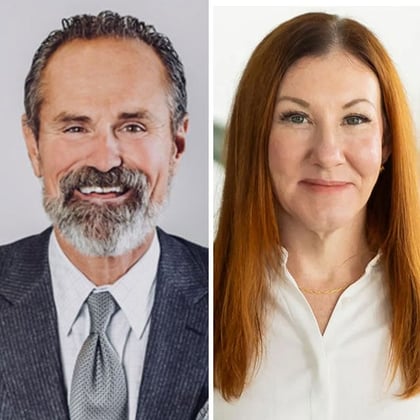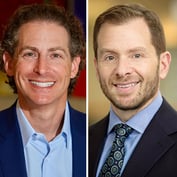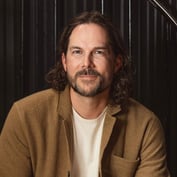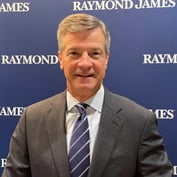A lawsuit just filed by former Carson Group Chief Marketing Officer Mary Kate Gulick over the handling of an alleged sexual assault by an employee and over Gulick’s firing presents a troubling picture of the firm’s current and former CEOs and of its corporate culture — which the fired ex-marketing chief called “toxic.”
As Carson Group prepares to defend itself in court, crisis communications experts and industry executives are speaking out on what it and other firms can learn from this complicated situation, in terms of better protecting women in the industry, their employees and their reputations.
First and foremost, it’s important to grasp the limits of messaging.
“In my opinion, Carson Group does not have a messaging or PR problem. The company has a reality problem,” said a wealth management marketing, branding and communications veteran who spoke on condition of anonymity. “When messaging and reality collide, reality wins — sometimes, brutally so.”
Gulick is suing the firm in federal court in Omaha, alleging that it retaliated against her after she complained about how the firm handled a report of a sexual assault at a conference in late 2022. She also says that then-CEO Ron Carson decided not to fire the alleged assailant.
The complicated issues and timeline of events are, of course, raising many questions. Here’s what communications professionals and other industry players are saying about several of them.
What should Carson Group say publicly?
“In general, it is always good to come out with a strong statement that explains more about the situation,” Kara Valentine, a marketing strategist at the Rudin Group, said in an email to ThinkAdvisor. ”However, now that it is a legal case, they may not be allowed to comment on the circumstances publicly.”
On Tuesday, after news of the lawsuit broke, Carson Group issued the following statement:
“While we are limited in our ability to comment on active litigation, we unequivocally dispute these allegations, and we will vigorously defend ourselves against these claims. The people of Carson Group are its most important asset, and the organization remains dedicated to ensuring their continued well-being and helping them to achieve their professional goals.”
Others experts, like Ray Hennessey, head of the communications firm Vocatus, agreed with Valentine.
“From a communications standpoint, navigating around lawsuits is very tricky. Legal filings are by their very nature one-sided,” Hennessey explained via email. Attorneys typically want any responses kept in legal filings, “so it often takes time for the facts to really emerge in cases like this.”
Still, these complicated factors don’t “minimize the allegations or counter-arguments, it’s just part of the legal process and there is very often context missing that it is difficult to communicate to the outside world outside of motions and filings,” he said.
Hennessey noted that Carson Group was a client of his when he worked at another communications firm and Gulick was his main point of contact.
Communications professionals can help attorneys make sure that their firm’s key messaging is delivered, but these messages must take a back seat to what’s in the best interest of each side legally, Hennessey said.
“That’s likely where Carson is now,” he said. “They are responding to Mary Kate’s very serious claims in a blanket way because, frankly, they have to at this point, until they at least make their own legal response.”
He added: “For Mary Kate, these issues were important enough to bring to light, knowing that she was subjecting herself to scrutiny. At the same time, Carson now has to show forcefully that it takes these matters seriously, which it has said in its statement, and then let the legal process take hold.”
What should Carson Group have told its staff about the alleged assault?
“First of all, I never believe that doing the right thing is ever the wrong thing,” said Joe Anthony, head of the communications group Gregory FCA. “We’re living in a day and age where daylight and transparency about these issues matters a great deal.”
Firms “have to be prepared to act assertively,” he said. “One of the things that could be a third rail for a firm’s reputation is an issue like this where there’s accusations around a coverup of sexual assault on top of the actual sexual assault that … allegedly happened at their event.”









 April 26, 2024 at 02:30 PM
April 26, 2024 at 02:30 PM











